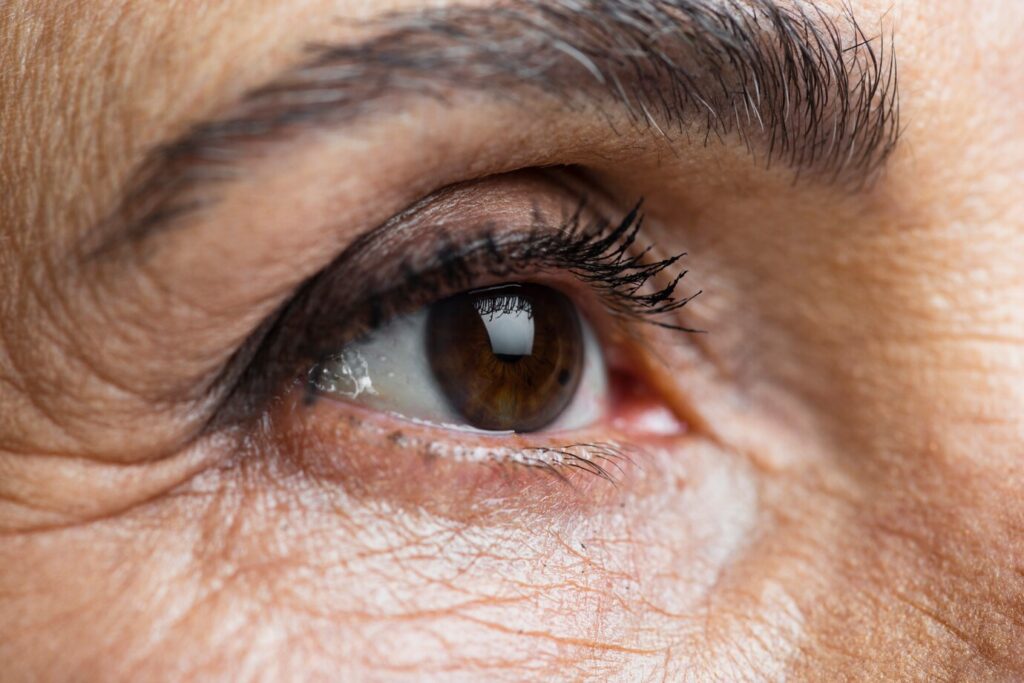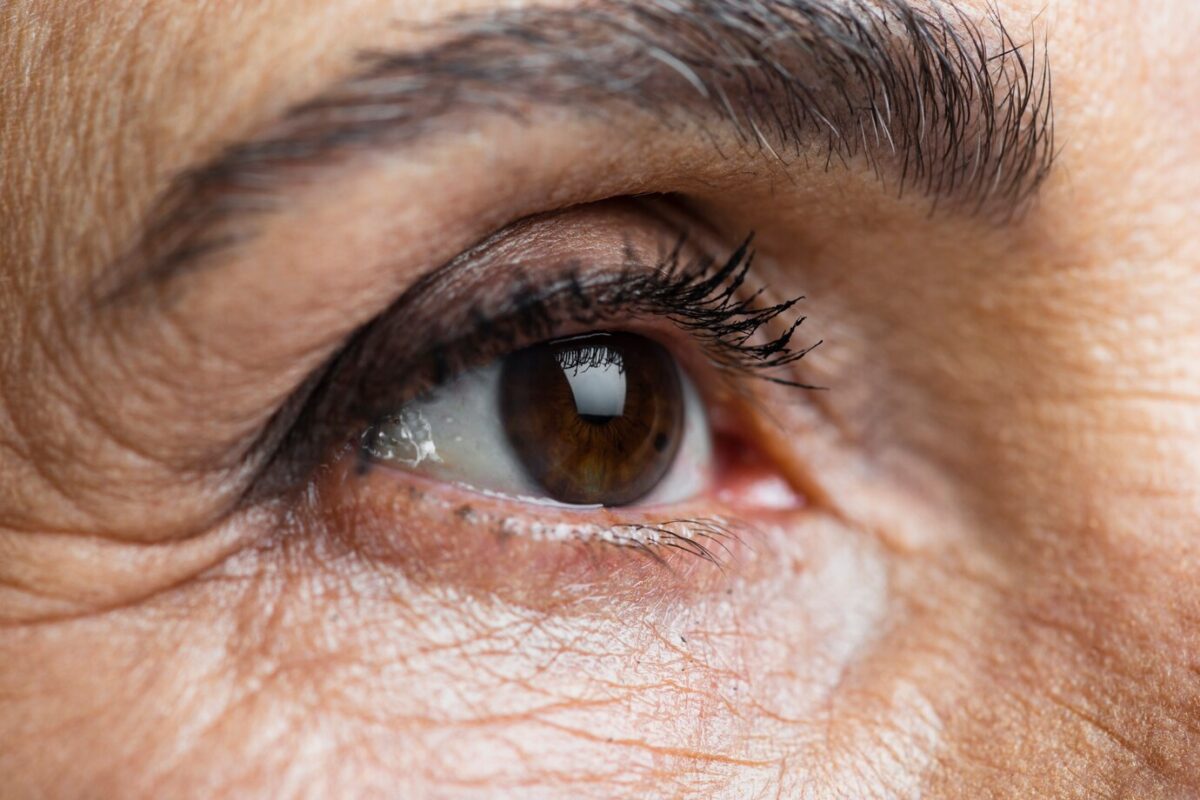Macular Hole in The Eye: Everything You Need to Know
July 29, 2024
Have Any Questions?
Please contact us, if you have any queries
Categories

The human eye is a marvel of complexity and precision, allowing us to perceive the world around us with clarity and detail. At the heart of this remarkable function is the macula, a small yet crucial area near the center of the retina responsible for sharp, central vision. When this delicate structure develops a hole, it can significantly impact vision and quality of life.
In this comprehensive guide, we will explore everything you need to know about macular holes, from their causes and symptoms to diagnosis, treatment options, and more.
Understanding Macular Holes
A macular hole happens when a small break or tear develops in the macula, resulting in a loss of central vision. This condition typically affects older adults and can occur spontaneously or as a result of trauma or other eye conditions.
Causes and Risk Factors
Macular holes are often associated with:
- Age-related changes: As we age, the vitreous gel inside the eye may shrink and pull away from the retina, causing traction on the macula.
- Eye trauma: Injuries to the eye can sometimes result in a macular hole.
- Myopia: Increased risk for individuals with nearsightedness.
- Other factors: Certain eye diseases or conditions, such as diabetic retinopathy, can also increase the risk.
Signs and Symptoms
The symptoms of a macular hole may develop gradually and can include:
- Blurred or distorted central vision
- Difficulty reading or performing tasks that require fine visual detail
- A dark spot or blank spot in the centre of your vision
Diagnosis
- Visual acuity test to assess how well you see at various distances
- Conduct an eye exam for assessing the retina and macula.
- Optical coherence tomography (OCT) to obtain detailed cross-sectional images of the retina
Treatment Options
The treatment approach for a macular hole depends on several factors, including the size and stage of the hole, as well as the patient’s overall eye health and visual needs.
Observation
Small macular holes that are not causing significant symptoms may be monitored periodically without immediate intervention.
Vitrectomy Surgery
For larger or symptomatic macular holes, vitrectomy surgery may be recommended. This procedure involves:
- Removing the vitreous gel from the eye to relieve traction on the macula
- Peeling and removing the membrane over the macula (if present)
- Filling the eye with a gas bubble to help flatten the macular hole and hold the retina in place
Postoperative Care
After surgery, patients may need to maintain a face-down position for a period of time to facilitate the gas bubble’s effect on the macula. Strict adherence to postoperative care instructions is crucial for optimal healing and visual recovery.
Recovery and Rehabilitation
Recovery from a macular hole surgery can vary from person to person. It’s important to attend follow-up appointments as scheduled and follow your eye surgeon’s recommendations for activity restrictions and medications.
Complications and Risks
While vitrectomy surgery is generally safe and effective, complications can occur, including:
- Cataract formation
- Retinal detachment
- Persistent or recurrent macular hole
Prevention Strategies
While not all cases of macular holes can be prevented, there are steps you can take to promote eye health and reduce your risk:
- Schedule regular eye exams, especially as you age
- Effectively manage chronic health conditions, such as diabetes, that can impact eye health
- Safeguard your eyes by wearing protective eyewear when needed.
Understanding macular holes and their impact on vision is crucial for early detection and effective treatment. If you or someone you know experiences symptoms such as blurred central vision or distortion, seeking prompt medical attention can help preserve vision and improve quality of life. Advances in diagnostic tools and surgical techniques continue to enhance outcomes for patients with macular holes, offering hope for improved visual outcomes in the future. By staying informed and proactive about eye health, you can take important steps to safeguard your vision and maintain optimal eye function throughout your life.
Conclusion
At Dr. Rani Menon Maxivision Eye Hospitals, we are committed to enhancing the quality of life for individuals dealing with any eye-related diseases. Whether you’re experiencing minor vision issues or have more serious eye health concerns, our eye care specialist is here to help.
Book an appointment with our experts today to discuss your eye health needs. Our dedicated team offers personalized care and advanced treatment options tailored to your specific condition. Remember, your eyesight is irreplaceable. It’s essential to take proactive steps to maintain your vision. Regular check-ups and eye exams can help detect potential issues early, and prompt attention to any changes in your vision or eye health can prevent further complications. Trust Dr. Rani Menon Maxivision Eye Hospitals, Thrissur to provide the care and expertise you need to preserve your eye health and enhance your quality of life.

